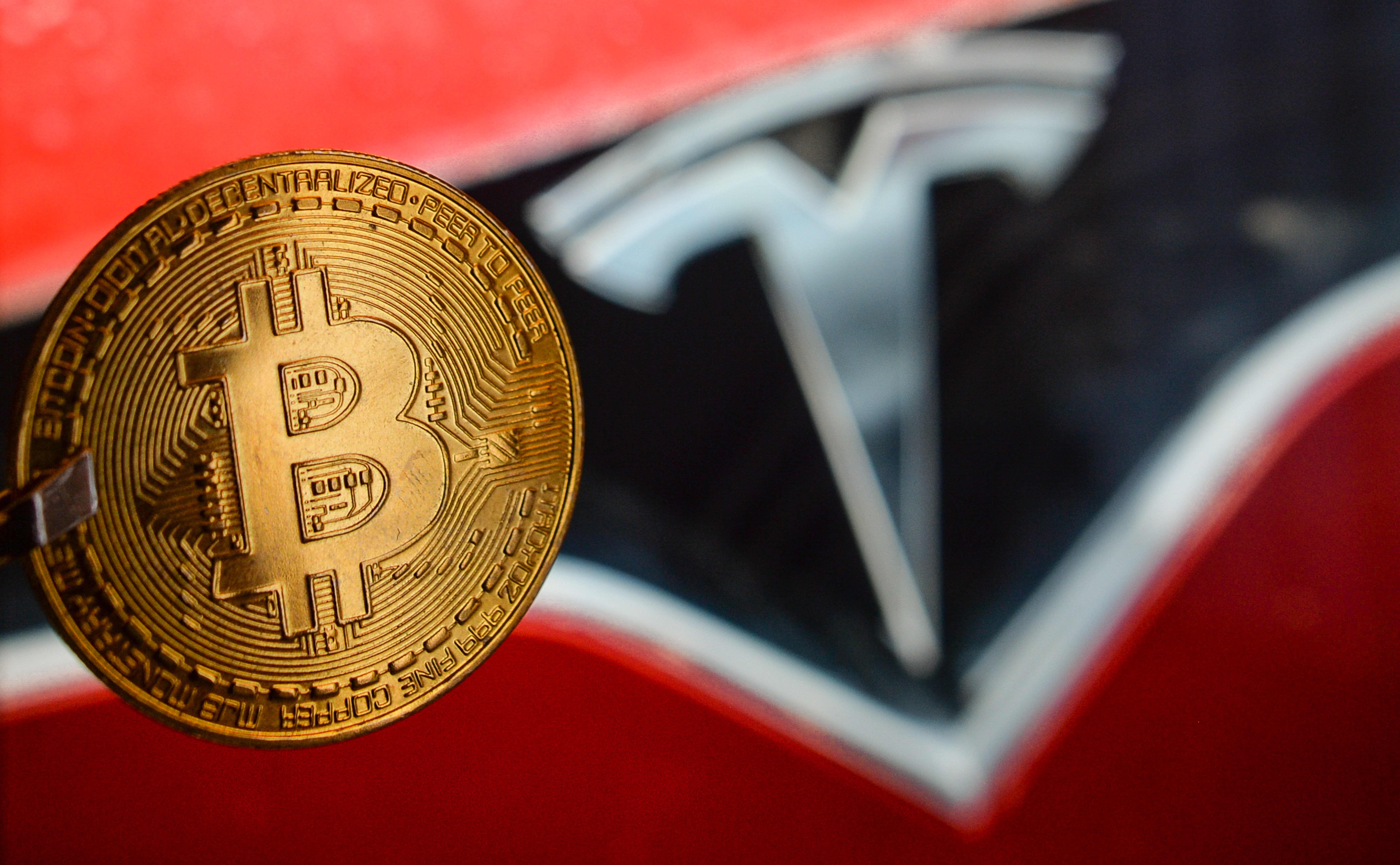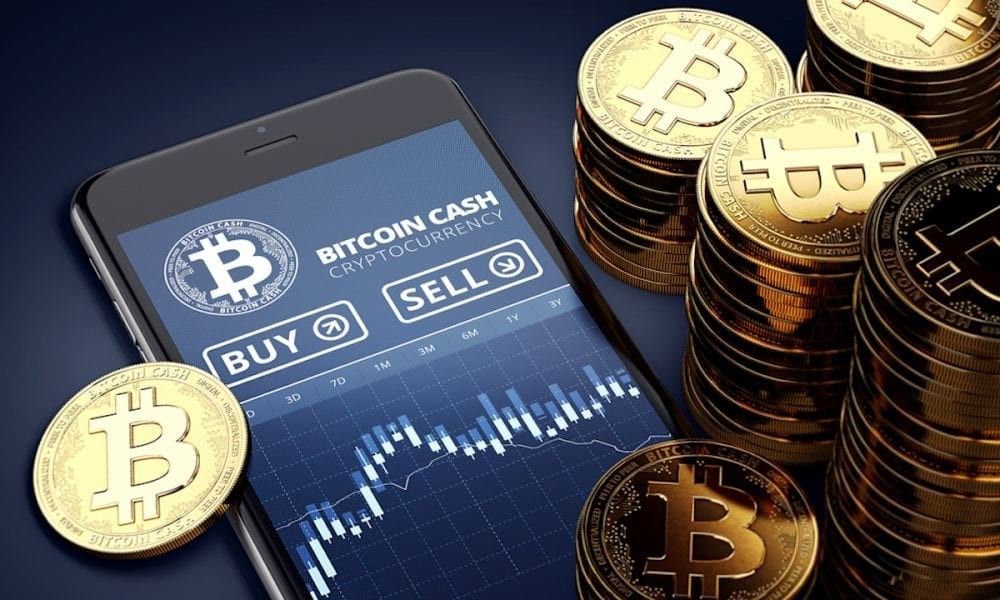Bitcoin, the groundbreaking cryptocurrency introduced in 2009, has transformed from a niche digital currency into a prominent asset in the global financial landscape. Initially embraced by a small group of tech enthusiasts and libertarians seeking to challenge traditional financial systems, Bitcoin has now captured the attention of a diverse range of buyers, including individual investors, institutional entities, corporations, non-profit organizations, and even governments.
As Bitcoin’s popularity surges, understanding the profiles of those investing in it becomes increasingly important. Each group of buyers brings unique motivations and influences that shape the cryptocurrency’s trajectory. Individual investors are often drawn by the potential for significant returns and the allure of financial independence, while institutional investors seek to diversify portfolios and hedge against economic uncertainty. Corporations are integrating Bitcoin into their payment systems and treasury strategies, recognizing its value as both a currency and an investment. Non-profits are leveraging Bitcoin donations to tap into a growing pool of tech-savvy supporters, and governments are exploring regulatory frameworks and, in some cases, adopting Bitcoin as legal tender.
This article delves into the diverse landscape of Bitcoin buyers, examining who is buying Bitcoin, their motivations for investing, and the implications of their involvement in the cryptocurrency ecosystem. By exploring these facets, we aim to provide a comprehensive understanding of the forces shaping Bitcoin’s future and its role in the broader financial world.
Major Companies and Billionaires Buying Bitcoin
MicroStrategy
MicroStrategy, a business intelligence firm led by CEO Michael Saylor, is one of the most prominent corporate investors in Bitcoin. Since August 2020, the company has made significant purchases, totaling over $3 billion in Bitcoin. Saylor has positioned Bitcoin as a primary treasury reserve asset, citing its potential to hedge against inflation and preserve value over time.

Tesla
In early 2021, Tesla made headlines with its $1.5 billion investment in Bitcoin. The electric vehicle manufacturer, founded by Elon Musk, not only added Bitcoin to its balance sheet but also began accepting it as a form of payment for its vehicles. This move signified a substantial endorsement of Bitcoin by a major corporation and further legitimized its status as a viable asset.

Square (Block)
Square, now rebranded as Block, has been at the forefront of Bitcoin adoption among corporations. Founded by Jack Dorsey, the company has invested over $200 million in Bitcoin and integrated cryptocurrency services into its Cash App, allowing users to buy, sell, and hold Bitcoin easily. Dorsey is a vocal proponent of Bitcoin, viewing it as a catalyst for financial empowerment.
PayPal
In 2020, PayPal announced that it would allow users to buy, sell, and hold Bitcoin and other cryptocurrencies directly through its platform. This development significantly increased Bitcoin’s accessibility, as PayPal serves millions of users globally. By facilitating cryptocurrency transactions, PayPal has positioned itself as a key player in the growing digital currency space.

Galaxy Digital
Founded by billionaire Mike Novogratz, Galaxy Digital is a financial services firm focused on cryptocurrency and blockchain technology. The company has made substantial investments in Bitcoin and other digital assets, and Novogratz is a vocal advocate for the cryptocurrency ecosystem. His firm provides asset management, trading, and advisory services within the crypto space.
Billionaires

Michael Saylor: As the CEO of MicroStrategy, Michael Saylor has become a prominent figure in the Bitcoin community. His aggressive investment strategy and advocacy for Bitcoin as a treasury reserve asset have influenced many other companies and investors. Saylor frequently shares insights on Bitcoin’s potential, positioning himself as a leading voice for cryptocurrency adoption.
Elon Musk: CEO of Tesla and SpaceX, has had a profound impact on the cryptocurrency market through his tweets and public statements about Bitcoin. While Tesla’s investment in Bitcoin is significant, Musk’s influence extends beyond his company. His advocacy for cryptocurrencies has led to increased interest and volatility in the market.
Jack Dorsey: The co-founder and former CEO of Twitter, Jack Dorsey, has been a long-time supporter of Bitcoin. His involvement with Square and his outspoken beliefs about Bitcoin as a force for economic empowerment have made him a prominent advocate for the cryptocurrency. Dorsey envisions a future where Bitcoin becomes a standard currency for the internet.
Tim Draper: Venture capitalist Tim Draper is another influential figure in the Bitcoin space. He famously purchased 30,000 Bitcoins during a government auction in 2014 and has consistently advocated for Bitcoin as a revolutionary technology. Draper predicts that Bitcoin will eventually reach significant price milestones, reinforcing his bullish outlook on the asset.
Mark Cuban: The billionaire entrepreneur and owner of the Dallas Mavericks, Mark Cuban, has expressed enthusiasm for Bitcoin and cryptocurrencies. While he has also invested in various altcoins, Cuban acknowledges Bitcoin’s potential as a store of value and a hedge against inflation, similar to gold.
Who owns the most Bitcoin?

The ownership of Bitcoin is notoriously difficult to track due to its pseudonymous nature, but several individuals, entities, and wallets are known to hold significant amounts of BTC. Here are some of the largest known holders:
1. Satoshi Nakamoto
- Estimated Holdings: Approximately 1 million BTC.
- Details: The creator of Bitcoin, Satoshi Nakamoto, is believed to hold around 1 million Bitcoins that have never been moved from their original wallets. This accounts for a substantial portion of Bitcoin’s total supply.
2. Binance
- Estimated Holdings: Various estimates suggest that Binance, one of the largest cryptocurrency exchanges, holds a significant amount of Bitcoin in its wallets.
- Details: As an exchange, Binance holds Bitcoin on behalf of its users, but it also has reserves for operational needs. Exact figures are often fluctuating.
3. Bitfinex
- Estimated Holdings: Similar to Binance, Bitfinex is another major exchange known to hold large amounts of Bitcoin.
- Details: Bitfinex also holds customer funds and its own reserves, making it one of the largest known holders of Bitcoin.
4. Grayscale Bitcoin Trust (GBTC)
- Estimated Holdings: Over 600,000 BTC.
- Details: Grayscale is a major institutional investor in Bitcoin, allowing accredited investors to gain exposure to BTC without directly holding the asset. Their holdings are regularly updated and publicly disclosed.
5. MicroStrategy
- Estimated Holdings: Over 150,000 BTC.
- Details: The business intelligence firm, led by Michael Saylor, has aggressively accumulated Bitcoin as a treasury reserve asset, making it one of the largest corporate holders of Bitcoin.
6. Tesla
- Estimated Holdings: Approximately 42,000 BTC.
- Details: Tesla invested $1.5 billion in Bitcoin in early 2021 and has indicated its intention to hold the asset as part of its treasury strategy.
7. Various Whales
- Estimated Holdings: Numerous individual wallets hold significant amounts of Bitcoin, often referred to as “whales.”
- Details: These wallets can belong to early adopters or investors who bought in at lower prices and have not moved their coins. Some wallets hold thousands of BTC, but precise identities are often unknown.
Impact and Implications of Big Buyers on the Future of the Bitcoin Market
1. Market Stability and Liquidity
The entrance of big buyers—such as institutional investors, major corporations, and wealthy individuals—has significantly influenced Bitcoin’s market dynamics. Their substantial capital provides increased liquidity, allowing for smoother transactions and reducing price volatility. As these large holders buy or sell Bitcoin, their actions can lead to more stable market conditions compared to a market dominated by smaller retail investors.
For instance, when major players like MicroStrategy or Tesla announce purchases, the market often experiences bullish sentiment, driving prices higher. Conversely, if large holders decide to liquidate their positions, it can lead to sharp declines. This dual nature emphasizes the need for monitoring large holders’ activities as they can set the tone for market trends.
2. Legitimization of Bitcoin
The participation of big buyers has helped legitimize Bitcoin as a viable asset class. Institutional investment signals confidence in Bitcoin’s future, encouraging other investors to consider it as part of their portfolios. Companies like Tesla and MicroStrategy have set precedents, inspiring other corporations to explore Bitcoin as a treasury reserve asset.
As more reputable entities enter the space, it enhances Bitcoin’s credibility among traditional investors, potentially leading to broader acceptance across various sectors. This legitimacy may also encourage regulatory bodies to establish clearer frameworks, which can further bolster institutional adoption.

3. Influence on Price Trends
Big buyers possess the power to influence Bitcoin’s price trends significantly. Their buying activity can create upward pressure on prices, particularly when large quantities are acquired. For example, significant investments by institutional players often lead to increased demand and can trigger a bullish market cycle.
Moreover, the psychological effect of big buyers can amplify price movements. When the market observes substantial purchases, it can create a FOMO (Fear of Missing Out) effect, prompting more investors to enter the market, driving prices even higher. Conversely, if major holders sell off significant portions of their holdings, it can induce panic selling among smaller investors, leading to rapid price declines.
4. Shift in Market Dynamics
The entry of big buyers is changing the dynamics of the Bitcoin market. Traditionally characterized by retail investors and speculators, the market is increasingly influenced by institutional strategies and investment philosophies. This shift may lead to more long-term holding patterns as institutions typically approach investments with a strategic mindset rather than short-term speculation.
As a result, we may see a decrease in the level of volatility that has historically plagued Bitcoin. Institutional investors often employ risk management techniques that could contribute to a more stable price environment over time.
5. Potential for Increased Regulation
With the growing influence of big buyers, regulatory scrutiny is likely to increase. Governments and regulatory bodies may seek to implement stricter regulations to manage the influence of large entities on the market, particularly to prevent market manipulation and protect retail investors.
Clearer regulations could provide a framework that encourages further institutional investment while ensuring a level playing field. However, the challenge will be balancing regulation without stifling innovation or the decentralized nature that many cryptocurrency advocates cherish.
6. Enhanced Infrastructure Development
The demand from big buyers is driving the development of more robust infrastructure in the Bitcoin ecosystem. Exchanges, custodial services, and financial products tailored to institutional investors are rapidly evolving to meet the needs of these larger players.
For example, the emergence of institutional-grade custody solutions has addressed security concerns that often accompany large investments in cryptocurrency. Additionally, financial instruments such as Bitcoin ETFs (Exchange-Traded Funds) are being developed, allowing institutional investors to gain exposure to Bitcoin without the need to hold the underlying asset directly.
7. Broader Adoption and Integration
The influence of big buyers is likely to accelerate broader adoption of Bitcoin across various sectors. As companies integrate Bitcoin into their business models—whether as a payment method, investment, or treasury reserve—this can lead to increased acceptance among consumers and other businesses.
The involvement of institutional players can also prompt the development of new use cases for Bitcoin and other cryptocurrencies, ranging from remittances to decentralized finance (DeFi) applications. This diversification of use cases could strengthen Bitcoin’s position in the financial ecosystem.
Conclusion
Bitcoin has evolved from a niche digital currency into a significant player in the global financial landscape, attracting a diverse array of buyers, including individual investors, institutional entities, corporations, and governments. This transformation underscores the growing recognition of Bitcoin as a viable asset class, driven by varying motivations—from the pursuit of financial independence to the desire for portfolio diversification.
Major companies and billionaires have played pivotal roles in legitimizing Bitcoin and shaping its market dynamics. Their substantial investments not only provide liquidity but also influence price trends and instill confidence among traditional investors. As big buyers increasingly dominate the landscape, we witness a shift in market dynamics, leading to potentially reduced volatility and a more strategic approach to investment.
However, this growth brings challenges, such as heightened regulatory scrutiny and the need for enhanced infrastructure to support institutional participation. The future of Bitcoin will likely hinge on the balance between fostering innovation and ensuring consumer protection.
Ultimately, as Bitcoin continues to gain traction, understanding the motivations and implications of its diverse buyer base will be crucial for navigating its ever-evolving role in the financial ecosystem. The ongoing engagement of influential entities promises to further shape Bitcoin’s trajectory, making it a transformative force in the world of finance.
Read more: HOW DOES HONEYPOT SCAM TRAP CRYPTO INVESTOR?

